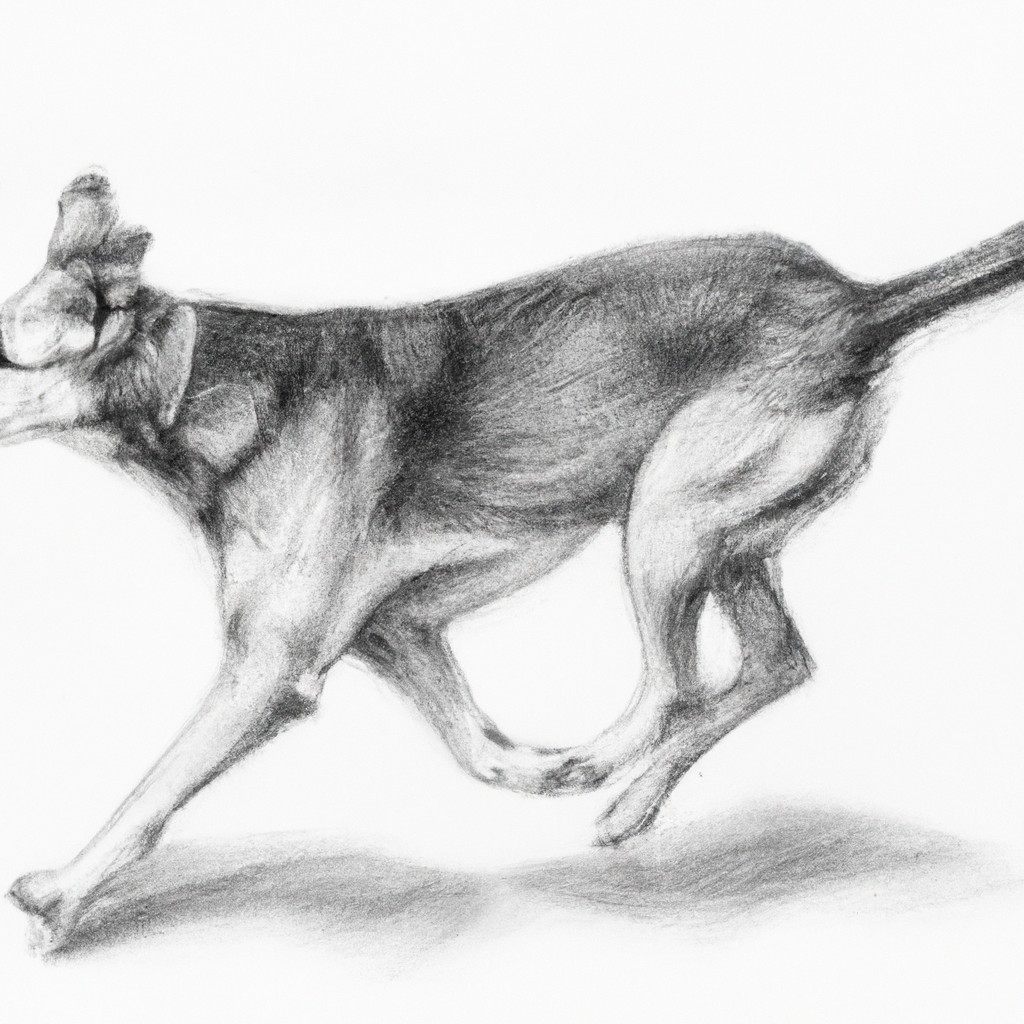Dear VetBabble: Is My Aging Dog’s Pacing, Circling, and Restlessness a Cause for Concern?
A concerned pet owner recently reached out to us about their 16-year-old mixed breed dog who was exhibiting unusual behaviors like pacing, circling, and restlessness. They also mentioned their dog had a couple of “accidents” in the house. The question that naturally arises in such a situation is, “Should I be worried?” In this article, we will discuss some of the potential reasons behind these behaviors and how to address them.
1. Vestibular Disease in Older Dogs
Pacing, circling, and restlessness in an old dog can often be attributed to a condition called Vestibular Disease. This condition, also known as “Old Dog Syndrome,” is common in older dogs and can manifest with sudden loss of balance, difficulty walking, and involuntary eye movements. To learn more about Vestibular Disease in dogs, read our comprehensive article, “Old Dog Syndrome: What is Vestibular Disease in Dogs?“
If you suspect that your dog might be suffering from Vestibular Disease, it’s essential to consult with your veterinarian as soon as possible. During the appointment, your vet will run a series of tests to diagnose the condition and recommend the appropriate course of treatment. Generally, dogs recover well from Vestibular Disease with time and supportive care.
2. Gastrointestinal Issues and Accidents in the House
Another concern that your dog’s behavior might indicate is gastrointestinal issues such as diarrhea. There could be many reasons for your dog experiencing diarrhea, from a simple change in diet to a more severe health problem. Our article “Why Does My Dog Have Diarrhea?” explores common causes and ways to address this issue.
It’s crucial to monitor your dog’s bowel movements and not ignore ongoing issues with accidents in the house, as this can be a symptom of an underlying health issue. Consult with your veterinarian to discuss potential causes of the diarrhea and to identify the best approach to treatment.
3. Anxiety and Behavioral Changes in Aging Dogs
As dogs grow older, they can experience a range of physiological changes that can result in anxiety. This anxiety may manifest as pacing, circling, or restlessness in your dog. Forming a better understanding of the causes of anxiety in your dog can help you address these issues effectively. Our article “Dealing with Anxiety in Dogs” provides useful insights into managing and preventing anxiety-related behavioral problems in your furry companion.
It’s important to be patient and empathetic with your aging dog. Older dogs may require extra attention and care, so ensure you create a consistent routine and a calm environment for your pet. If anxiety symptoms persist or escalate, consult with your veterinarian who may recommend medication or behavior modification techniques to help your dog feel more at ease.
In Conclusion
While it’s natural for aging dogs to exhibit some changes in behavior, it’s essential to monitor these changes and seek professional advice when needed. Vestibular Disease, gastrointestinal issues, and anxiety are just a few potential causes for the behaviors described above. However, do also consider other health conditions such as “Seizures in Dogs“, which may require immediate veterinary intervention.
Always remember, it’s better to consult with your veterinarian if you have any concerns about your dog’s well-being. Early intervention can often lead to better outcomes and improved quality of life for your beloved pet.
